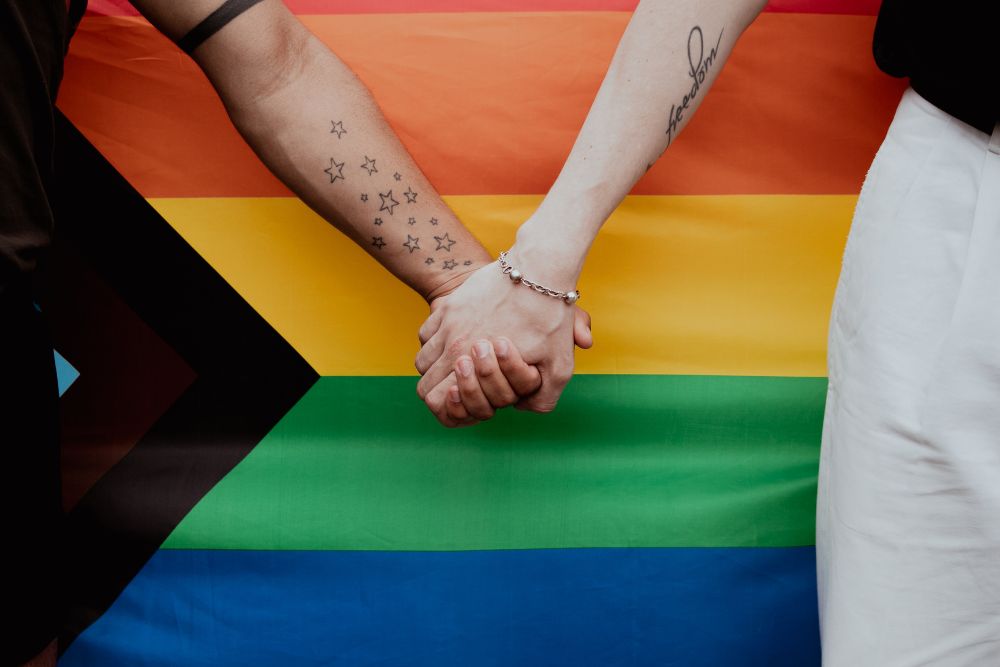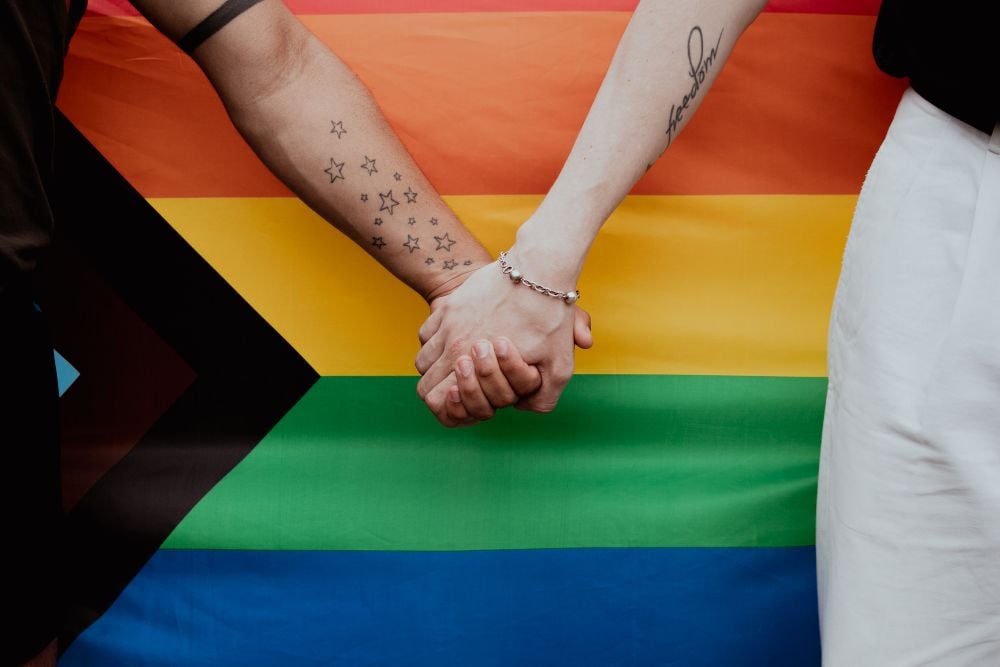Surrogacy and Egg Donation: How LGBTQ+ Families Can Benefit

To celebrate Pride Month, let's explore how surrogacy and egg donation allow LGBTQ+ couples and individuals to create the families of their dreams. These processes benefit not only LGBTQ+ families but also the egg donors and gestational carriers who play a crucial role in helping them achieve parenthood.
Finding an Egg Donor
Many LGBTQ+ couples and individuals, including cisgender gay males, trans-female couples, and gay male intended single parents, require donor eggs to have children since they cannot produce eggs themselves. When searching for an ideal egg donor, it’s important to work with a reputable egg donor agency. Most agencies set strict standards for their donors, ensuring they’re physically and psychologically healthy. Once you gain access to their database, you’ll be able to browse a wide variety of donors from various backgrounds.
LGBTQ+ individuals benefit significantly from egg donation. It allows them to contribute biologically to the conception of their child by using their sperm to fertilize donor eggs. For many patients, egg donation is the only option for achieving parenthood, and overall, the process boasts a promising success rate. Egg donors help make dreams come true and are generously compensated for their time and effort.
The Surrogacy Process
The next step in the family-building process is to find a surrogate. Most surrogacy agencies only facilitate arrangements where the gestational carrier is a different person than the egg donor. Once you choose a surrogate, they’ll undergo in vitro fertilization (IVF). The donor eggs are fertilized with sperm in a lab and then transferred to the gestational carrier, hopefully resulting in a successful pregnancy.
Surrogacy benefits all parties involved. The intended parents get to have a child, and the gestational carrier gets to give the ultimate gift to a couple in need while being generously compensated for it — a true win-win.
Surrogacy and Legal Considerations for LGBTQ+ Families
There are no federal surrogacy laws in the United States. Therefore, depending on your state, you may need more legal assistance from a reproductive attorney. When you work with a surrogacy agency, they’ll connect you with a lawyer familiar with local surrogacy laws. They’ll help ensure gestational carriers and intended parents are on the same page and that any state laws are properly addressed. Fortunately, many states, including California and Nevada, are known for being surrogacy-friendly for both heterosexual and LGBTQ+ couples and individuals.
Finding Emotional Support Through Egg Donation and Surrogacy
Egg donation and surrogacy are exciting journeys that help couples of all backgrounds build the families of their dreams. However, these processes can be time consuming, complex, and emotional. Emotional support is crucial for LGBTQ+ families pursuing parenthood through these means. Your egg donation and surrogacy agency should provide resources for emotional support, but you can also seek out support groups or speak with a fertility counselor.
Navigating Your Family-Building Journey
Surrogacy and egg donation benefit LGBTQ+ couples looking to pursue parenthood. The key is to find an egg donation and surrogacy agency that is reputable, experienced, and passionate about providing quality fertility care to the LGBTQ+ community. At Fertility Source Companies, we check all those boxes and more. Since 2003, we’ve matched couples and individuals of all backgrounds, sexualities, and circumstances with the highest quality egg donors and surrogates. For more information about our surrogacy and egg donation programs, contact us today.


